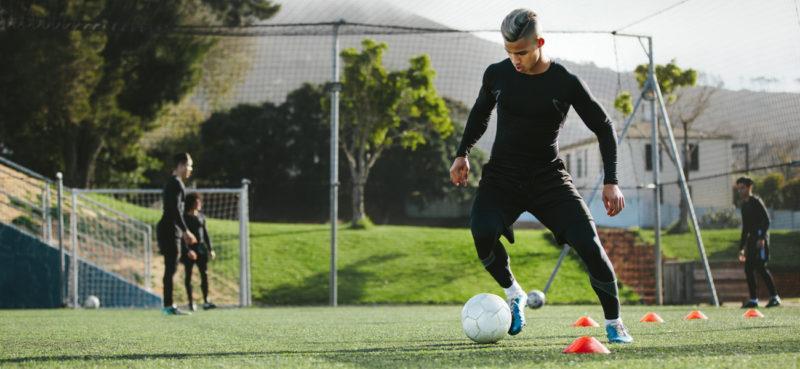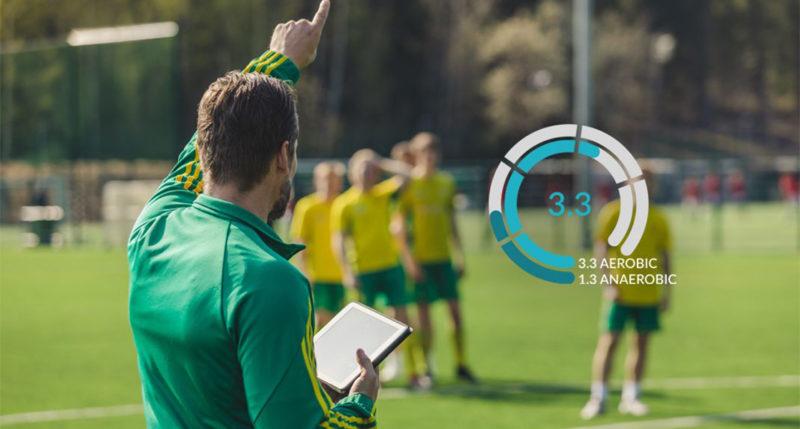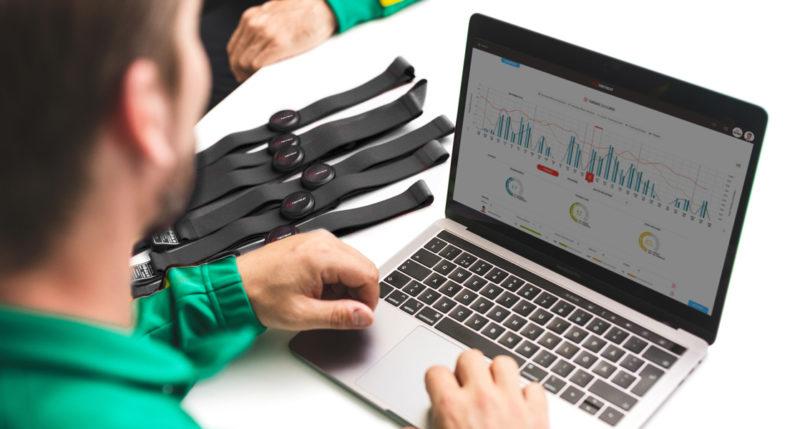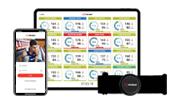
The impact of stress and effective recovery on athletic performance should not be underestimated and is being taken seriously by teams across the globe. The Stress and Recovery feature means athletes and coaches can observe recovery and monitor stress levels over a full 24-hour cycle.
“Professional athletes are training for around 25 hours a week so there are still 143 hours that are very important in recovery and, ultimately, performance,” explains Veli-Pekka Kurunmäki, Firstbeat Director of Sports Performance Products. “The new features mean we can now track training load, fitness, sleep, and stress and recovery during leisure-time activities on the same platform. It completes the picture of performance monitoring.”
Using cutting-edge analysis of Heart Rate Variability (HRV) data recorded through the professional-grade Bodyguard device gives athletes a greater understanding of their own well-being and provides coaches a 360-degree understanding of their players.
The Firstbeat Bodyguard and overnight recovery monitoring have been successfully utilized by endurance athletes as part of Firstbeat Sports PC software for a decade. It has helped them prepare for the Olympics, manage load during high altitude camps and optimize performance during cycling Tours. Skier Dave Redling recently used it as he achieved Team GB’s best alpine finish at the Winter Olympics in 30 years.
Firstbeat’s streamlined process has now made the data easier to interpret, manage and communicate in a team setting. The data from any Bodyguard 2 device can be uploaded to the Firstbeat Sports Cloud from anywhere, and an individualized report is automatically and instantly produced highlighting periods of stress and good recovery.
Overnight Recovery is an increasingly important point of emphasis in elite sports. A recent study revealed the chance of injury was reduced by 68% in adolescent athletes who slept over 8 hours a night, whilst reaction time speeds up by 7 percent for every hour of improved sleep.
“Providing automatic sleep detection without any disturbance to the athlete, the Overnight Recovery testing lets coaches examine not just the length but the restorative quality of an athlete’s sleep and observe how this varies over time,” explains Tero Myllymäki, Head of Physiology Research at Firstbeat. “This is achieved through an individually scaled recovery index which describes the intensity of an athlete’s recovery reactions and is useful when seeking to identify long-term trends.”
Assessing daytime recovery data also means you can pinpoint activities that promote or interfere with an athlete’s ability to recover and use this to optimize travel schedules.
The 24h Stress Balance feature lets coaches identify areas of stress in an athlete’s routine. Presented clearly, coaches and players themselves can more easily introduce small changes in behavior that can have a big impact on improving stress and recovery management.
See Stress and Recovery example report here
If you liked this article, you should subscribe to our mailing list.
You might also be interested in

Why Monitor Internal Load in Elite Sports?
A look at the what, how and why of internal load monitoring and why it should form part of your training program.

How to Use Training Effect: The Firstbeat Sports Feature that Measures the Impact of Training
In this article, we look at how Training Effect is calculated, the Training Effect scale, and how it is visualized in Firstbeat Sports.

Training Status: the Balance of Training for an Individual Athlete
A comprehensive breakdown of the Training Status feature in Firstbeat Sports.
